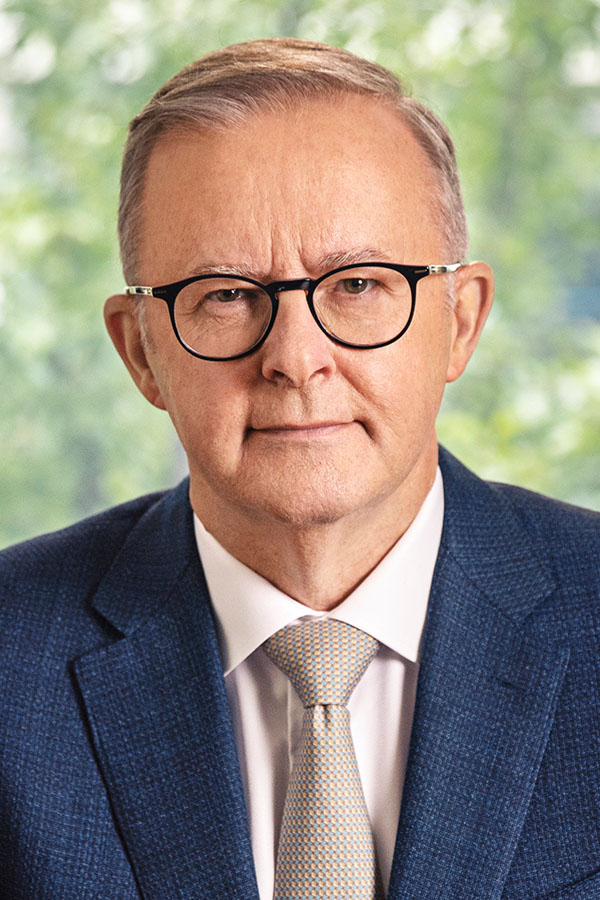
We must mine electronic waste and not the earth
The world should contrate more on mining e-waste and not the earth, says Midlands environment expert Ron Fox.
He said he agreed with a recent report by the Royal Society of Chemistry (RSC) which said we must urgently recycle our electronic waste as we risk running out of these precious elements they contain by the next century
Important items include home appliances like air conditioners, televisions, electric cookers, air condoners, heater, DVDs, fans, microwaves and radios plus information tech equipment like computers, laptops, mobile phones, batteries, hard disks, circuit boards and monitors.
“The problem,” said Ron, of Noreus Ltd at Keele University, Staffordshire, “is that the world’s mountain of electronics in 2021 alone weighed 57 million tonnes and that figure is growing by two million tonnes a year. On top of that less than 20 per cent or 500,000 tonnes of e-waste is collected and recycled in the UK every year.
“Instead of re-using these items the world is continuing to mine these elements which is also continuing to cause damage to the environment.
“What is shocking is that a survey by RSC completed by more than 2,000 people revealed that half of UK households had at least one unused electronic device and 45% of homes had between two and five.”
The RSC estimated that as many as 40 million unused gadgets are languishing in British homes and most people admitted they had no plans to recycle them.
“Even worse,” Ron added, “each device contains multiple valuable and increasingly endangered elements which the earth is running out of. As an example, smartphones contain around 30 different ones.”
He said the other problem is that geopolitical unrest, such as the war in Ukraine, is a threat to supply chains and there has been a huge spike in the prices of lithium and nickel, both key items in battery technology.
The RSC, which is running a campaign to draw attention to this problem, said the following elements could run out in the next 100 years. They include:
- Gallium: Used in medical thermometers, LED lights, solar panels, telescopes.
- Arsenic: Used in fireworks, as a wood preserver.
- Silver: Used in mirrors, antibacterial clothing and gloves for use with touch screens.
- Indium: Used in transistors, microchips, fire-sprinkler systems and solar panels.
- Yttrium: Used in white LED lights and camera lenses.
- Tantalum: Used in surgical implants, electrodes for neon lights, turbine blades, rocket nozzles and hearing aids and pacemakers.
Ron said he agreed with the RSC who want governments to overhaul the recycling infrastructure and tech businesses to invest in more sustainable manufacturing.
But he said he was also encouraged that in their online survey of 10,000 people across 10 countries, 60 per cent said they would be more likely to switch to a rival of their preferred tech brand if they knew the product was made in a sustainable way.
But he said the questionnaire also showed that people did not know how to deal with their own e-waste or were worried whether their data would be disposed of safely.
Ron assured them that council tips and responsible retailers would keep electronics secure before they were recycled.
“The best advice,” said Ron, “is to search for the nearest electronics recycling point online where – even wires – can be broken down into their component parts and customers can know the items are processed safely and that they are helping the planet at the same time.”
For more information on green energy, call Ron on 01782 756995.
Caption: What a waste – we must urgently recycle our old technology items as we risk running out of the precious elements they contain.



